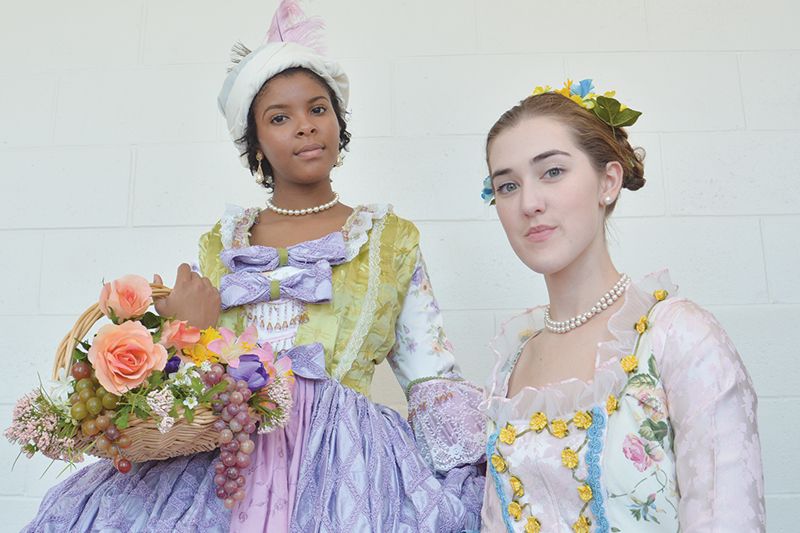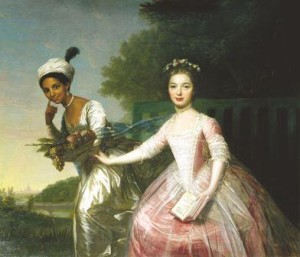Gibbs’ Black History Month show


 Clark said this year, the production will center on the tale of Dido Elizabeth Belle. Dido was the daughter of Sir John Lindsay, a British Royal Navy Officer who, according to history, fell in love with Maria Belle, a slave aboard a Spanish ship that Captain Lindsay’s crew had captured. After Maria gave birth to their daughter, Lindsay entrusted Dido to his uncle, William Murray, the first Earl of Mansfield. In doing so, Lindsay protected Dido from enslavement.
Clark said this year, the production will center on the tale of Dido Elizabeth Belle. Dido was the daughter of Sir John Lindsay, a British Royal Navy Officer who, according to history, fell in love with Maria Belle, a slave aboard a Spanish ship that Captain Lindsay’s crew had captured. After Maria gave birth to their daughter, Lindsay entrusted Dido to his uncle, William Murray, the first Earl of Mansfield. In doing so, Lindsay protected Dido from enslavement.